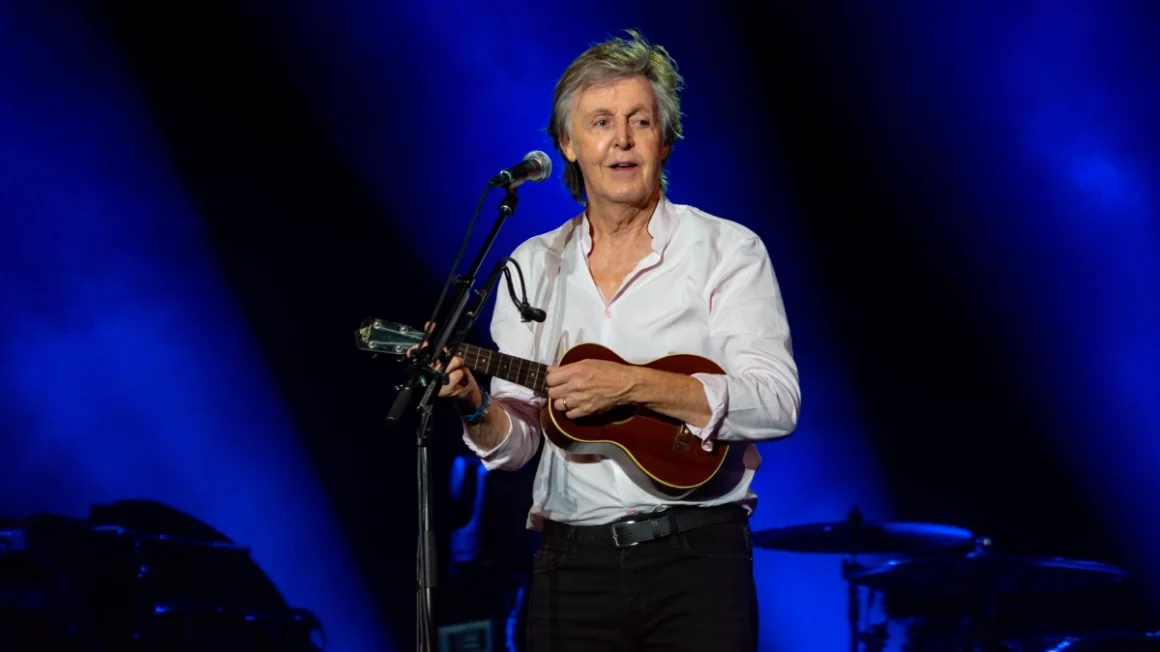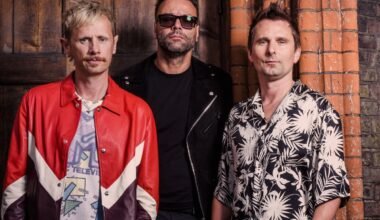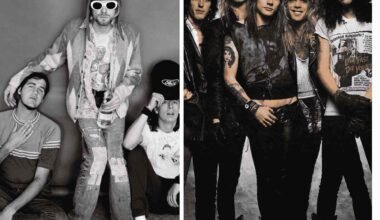Paul McCartney might be one of the few people who truly understands what it’s like to be too big for live performances. During his time with The Beatles, fans’ constant screaming made it nearly impossible to hear the band play.
Despite the chaos, McCartney loved performing live, striving to connect with audiences, even as fellow band members grew frustrated. By the time The Beatles’ touring days wound down, McCartney was one of the few who still gave it his all, smiling through every song while John Lennon resignedly raked his elbow across the keyboard, knowing the audience couldn’t hear much over the fan frenzy.
While The Beatles were famous as Liverpool’s gritty bar band, only a few years later, the city’s scene was taken over by the Mods, a movement led by a young Pete Townshend of The Who. As Townshend developed The Who’s unique sound, he quickly realized that delivering a memorable show would require more than just playing their songs; he pushed the boundaries of volume and intensity on stage, especially with Keith Moon drumming like a whirlwind at every performance.
McCartney became a major admirer of what The Who achieved, even telling Townshend directly when presenting him with the Les Paul Award, “I never had a chance to just stand opposite you and tell you. I would probably be too embarrassed, but here it is the ideal occasion for me to just say…‘You are just a great monster, man!’”
McCartney’s praise was a sincere acknowledgment of The Who’s unmatched energy and raw power in rock music.
Their admiration for each other wasn’t limited to words. During the late 1960s, McCartney and Townshend inspired each other musically as well. While Townshend crafted the thunderous “I Can See for Miles,” McCartney followed with The Beatles’ “Helter Skelter,” widely recognized as an early heavy metal classic.
In the end, Townshend may have won the live performance “war.” Albums like Live at Leeds capture Townshend locked in a relentless battle with his guitar, ending many sets by smashing it to pieces, a physical embodiment of his onstage intensity. Even in his more toned-down ballads like “Behind Blue Eyes,” his aggressive strumming style showed a punk-like ferocity, as if he was trying to break the strings with every chord.
Townshend’s approach to rock was all about emotional release. For him, music wasn’t just a soundtrack but an escape from his own emotions, transforming the stage into an arena for catharsis and unleashing his deepest feelings through every note he played.






